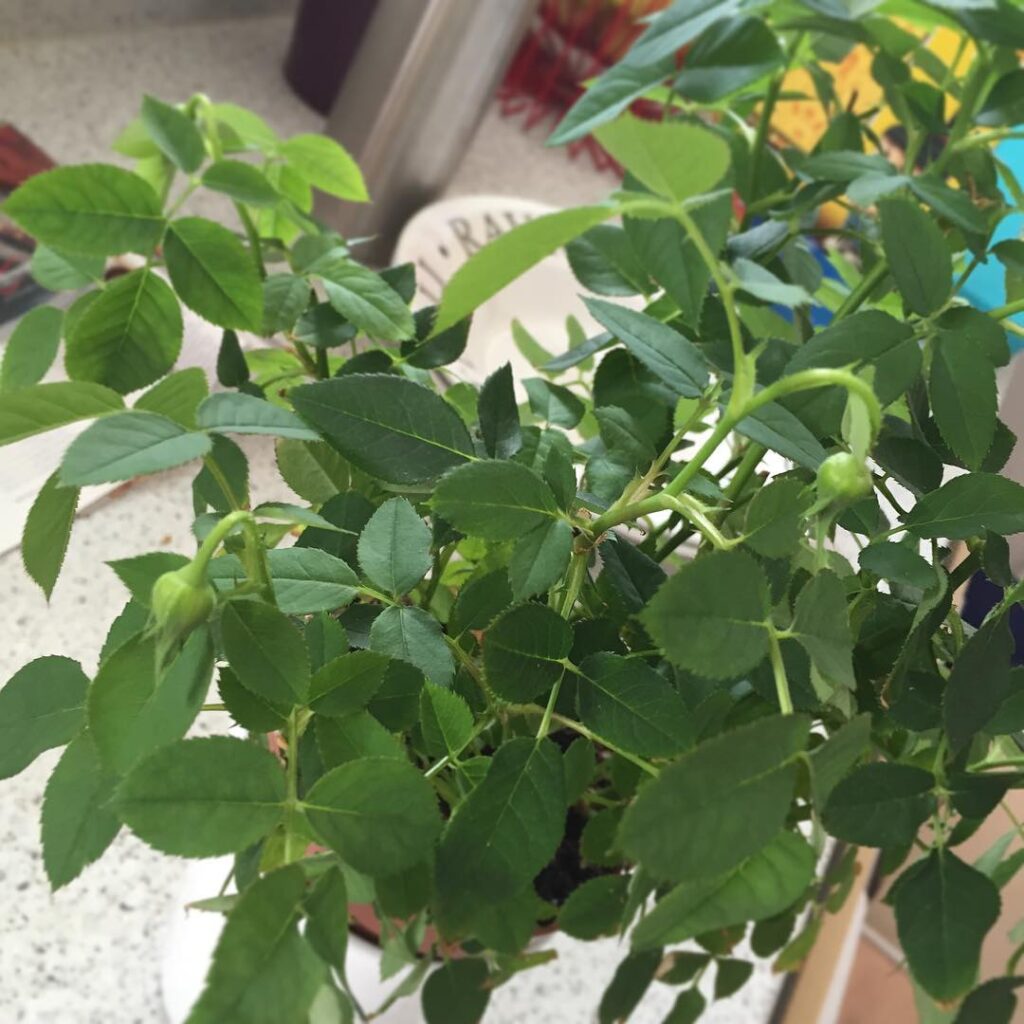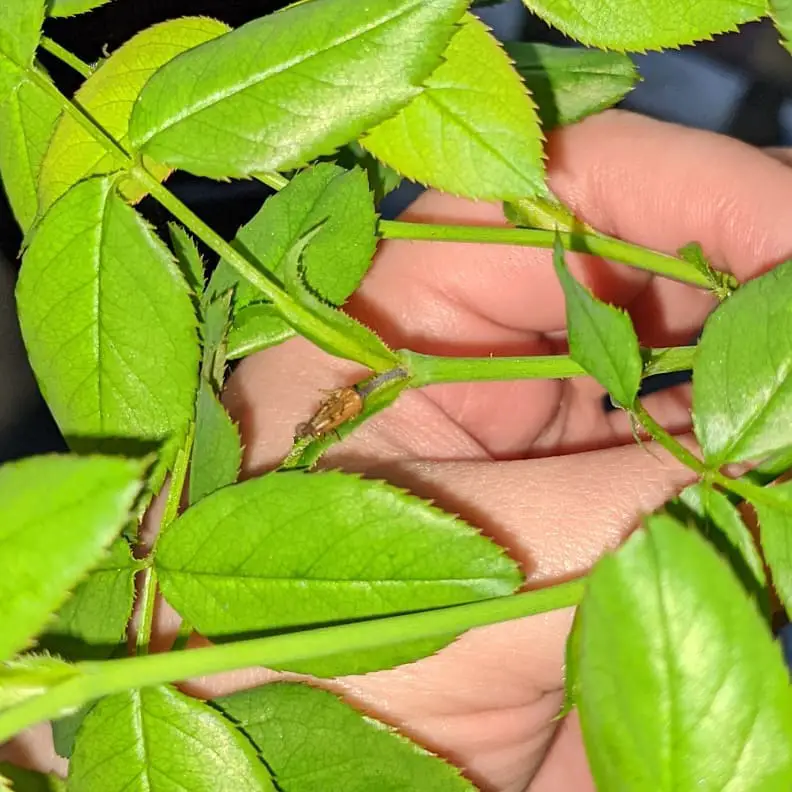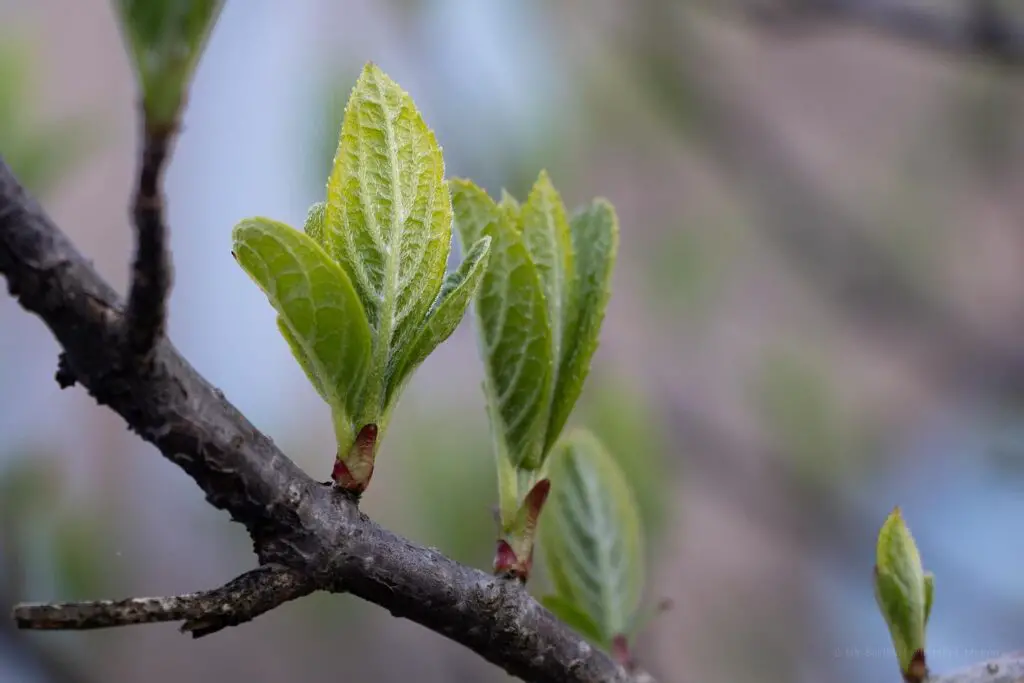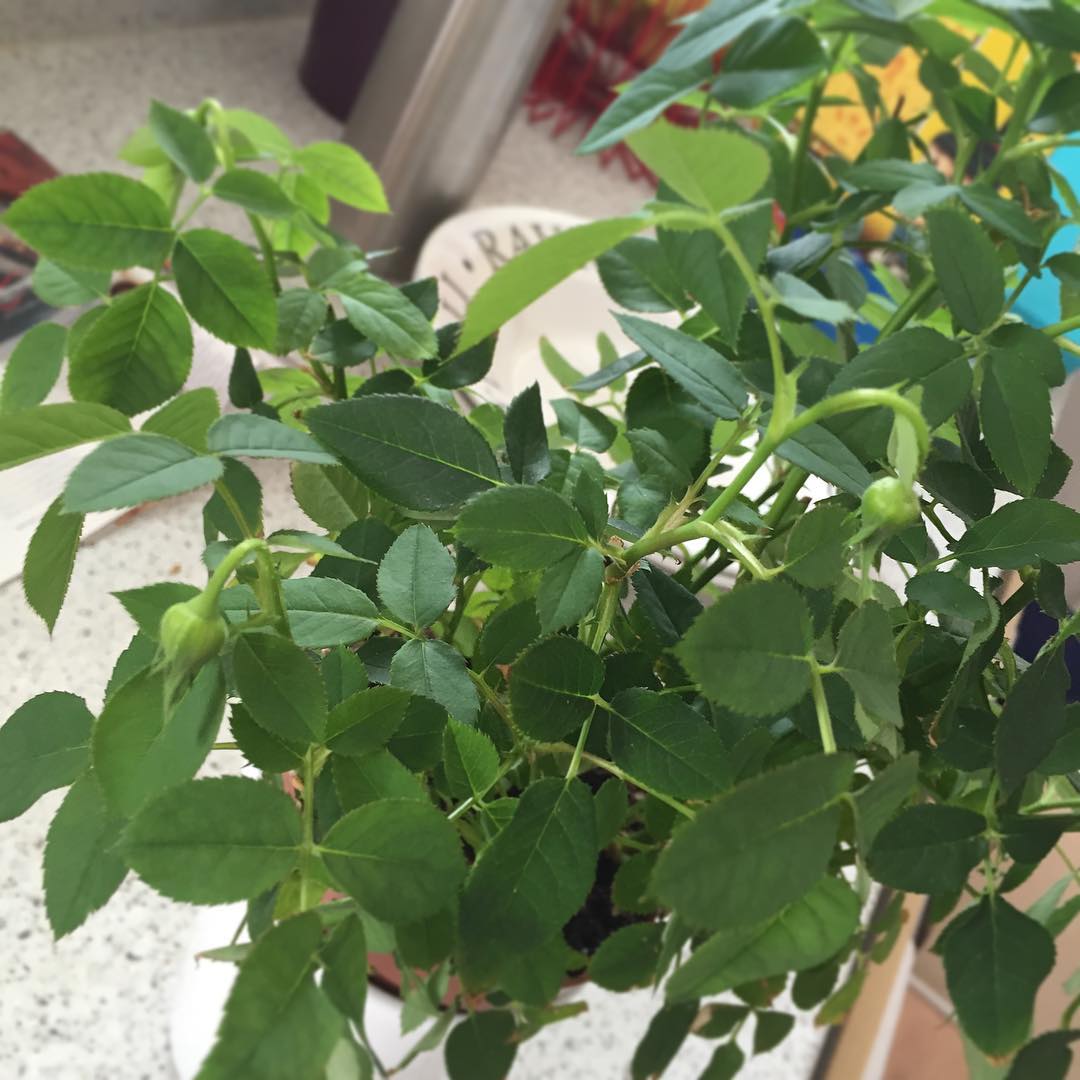Roses, often heralded as the “queen of flowers,” can be a stunning addition to any garden. However, maintaining their beauty requires diligent care, particularly against pests like the rose midge. These tiny, almost invisible insects can wreak havoc on rose buds, leaving gardeners frustrated and blooms devastated. In our article “Tips for Rose Midge Control,” we delve into effective strategies to combat this pesky intruder.
Whether you’re a seasoned gardener or a rose enthusiast just starting, this guide offers practical advice to protect your roses from midges, ensuring vibrant, healthy blooms. From natural remedies to preventative measures, discover how to keep your roses flourishing and your garden looking its best. Join us as we explore the essential tips for rose midge control and reclaim the elegance of your rose garden.
Tips For Rose Midge Control: How to Get Rid Of Rose Midge
We’ll discuss the topic step by step. So, bear with us, and let’s dive into it:

Identifying and Managing Rose Midge: Impact and Solutions
The rose midge (Dasineura rhodophaga) is a tiny, fly-like insect that poses a significant threat to rose bushes. These pests are often overlooked due to their small size, but their impact can be devastating.
Lifecycle and Identification
Adult rose midges are less than 2mm long, making them difficult to spot. They lay their eggs in the developing flower buds, which hatch into larvae in just a few days. The larvae feed on the tender tissues of the buds, causing them to become deformed, blackened, and ultimately, to drop off. This lifecycle can repeat every two to three weeks during the growing season, leading to extensive damage.
Signs of Infestation
The first sign of a rose midge infestation is usually the sudden wilting and blackening of young flower buds. As the larvae feed, they cause the buds to shrivel and die, often before they have a chance to bloom. This damage can be mistaken for other issues, such as fungal infections or nutrient deficiencies, but close inspection will reveal the tiny larvae inside the buds.
Impact on Roses
Rose midges can severely reduce the blooming potential of rose bushes. An unchecked infestation can result in a complete loss of flowers for an entire season. According to studies, a single female midge can lay up to 80 eggs, and with multiple generations in a year, the population can grow rapidly if not controlled.
Management Strategies
Effective management of rose midge involves a combination of cultural, biological, and chemical controls:
- Cultural Controls: Regularly inspect and remove infested buds and prune affected areas to reduce the midge population. Dispose of the debris away from the garden to prevent re-infestation.
- Biological Controls: Beneficial nematodes can be introduced to the soil to target midge larvae. These microscopic worms are natural predators and can help reduce midge numbers without harming other beneficial insects.
- Chemical Controls: Insecticides specifically labeled for rose midge can be used, but should be applied with caution to avoid harming beneficial insects. Systemic insecticides can provide longer-lasting protection.
By understanding the rose midge’s lifecycle and implementing integrated pest management strategies, gardeners can protect their roses and enjoy beautiful blooms throughout the season.
Detecting Signs of Rose Midge Infestation
Introduction to Rose Midges
Rose midges, tiny flies measuring about 1-2 mm, are notorious for targeting rose buds. Identifying an infestation early can save your roses from significant damage.
Key Indicators
Damaged Buds: One of the first signs of a rose midge infestation is blackened, stunted buds. These buds often fail to open, resulting in a lack of blooms.
Distorted Growth: Look for distorted or twisted new growth on your roses. Rose midge larvae feed on the tender tissue, causing this unusual growth pattern.
Seasonal Patterns: Rose midges are most active during the growing season, from late spring to early fall. Monitoring your roses during these periods is crucial for early detection.
Close Inspection: Upon close inspection, you might see tiny, white larvae within the buds or under the sepals. These larvae are the primary culprits behind the damage.
Monitoring and Traps
Yellow Sticky Traps: Placing yellow sticky traps around your roses can help monitor for adult midges. These traps attract and capture the flies, providing an early warning of their presence.
Routine Checks: Regularly inspect your roses, especially the new growth and buds. Early intervention can prevent a full-blown infestation.
Identifying rose midge infestation early allows for timely control measures, ensuring your roses remain healthy and vibrant throughout the season.

Effective Preventive Measures Against Rose Midge Infestation
Regular Inspections
Frequent inspection of rose bushes is crucial. Early detection can significantly reduce the impact of rose midge infestations. Check for damaged or deformed buds, a common sign of midge activity. Using a magnifying glass can help spot the tiny larvae.
Pruning and Disposing
Prune infested buds and stems promptly. Proper disposal of these cuttings is vital; burn them or seal them in plastic bags to prevent larvae from maturing and spreading. Regular pruning promotes healthier growth and reduces hiding spots for midges.
Soil Maintenance
Maintaining healthy soil can deter rose midges. Use well-draining soil and avoid over-watering. Applying a layer of mulch can help retain moisture and suppress weeds, which can harbor pests.
Natural Predators
Encourage natural predators like ladybugs and predatory mites in your garden. These beneficial insects can keep the rose midge population in check. Planting companion plants such as marigolds can attract these helpful insects.
Insecticidal Solutions
Consider using insecticidal soap or neem oil as a preventive measure. These treatments can be effective if applied early in the growing season and repeated every 7-10 days. Always follow label instructions to avoid damaging your roses.
By incorporating these preventive measures, you can significantly reduce the risk of rose midge infestation and enjoy healthy, vibrant roses throughout the season.

Natural Solutions for Rose Midge Management
Neem Oil: Neem oil is a potent organic option. Mix 2 tablespoons of neem oil with a gallon of water and spray it on affected plants. This natural pesticide disrupts the midge’s lifecycle, reducing their population effectively.
Beneficial Nematodes: These microscopic worms are natural predators of rose midge larvae. Apply them to the soil where midges lay their eggs. They can reduce midge larvae by up to 70%, ensuring healthier roses.
Companion Planting: Planting garlic or marigolds near roses can deter midges. Their strong scent masks the roses’ fragrance, making it harder for midges to locate their preferred host.
Pruning and Sanitation: Regularly prune affected areas and remove debris. This simple practice can reduce rose midge infestations by up to 50%, as it eliminates breeding grounds.
Utilizing these organic methods helps maintain a healthy rose garden while minimizing environmental impact.
Comprehensive IPM Strategies for Managing Rose Midge
Understanding Integrated Pest Management (IPM)
Integrated Pest Management (IPM) is an eco-friendly approach to managing pests like the rose midge. By combining biological, cultural, physical, and chemical tools, IPM reduces the reliance on harmful pesticides and promotes sustainable gardening.
Biological Controls
Natural predators, such as ladybugs and parasitic wasps, can effectively reduce rose midge populations. Introducing these beneficial insects into your garden can help keep the midge numbers in check without harming other plants or beneficial species.
Cultural Practices
Proper garden hygiene is crucial. Regularly remove and dispose of infested plant material to prevent the spread of midges. Additionally, rotate rose varieties to disrupt the pest’s life cycle, and plant midge-resistant rose species when possible.
Physical Controls
Physical barriers like row covers can prevent adult midges from laying eggs on rose buds. Regularly inspect and prune your roses to remove any infested buds or stems. Maintaining healthy soil with adequate nutrients and proper watering also helps in creating a resilient environment against pests.
Chemical Controls
If necessary, use targeted insecticides as a last resort. Opt for selective insecticides that target rose midges specifically, minimizing harm to beneficial insects. Always follow the manufacturer’s guidelines for safe and effective application.
By employing these IPM strategies, you can manage rose midge infestations effectively, ensuring your roses remain healthy and vibrant while promoting a balanced ecosystem in your garden.
Effective DIY and Home Remedies for Rose Midge
Controlling rose midges with DIY solutions and home remedies can be both economical and effective. One popular method is neem oil. Mix 2 tablespoons of neem oil with a gallon of water and spray on the affected areas every week. Neem oil acts as a natural insect repellent, deterring midges from laying eggs on your roses.
Another effective remedy is a garlic spray. Blend 10 garlic cloves with a quart of water, strain, and spray on your plants. Garlic’s strong odor masks the scent of roses, confusing the midges and preventing them from finding the plants.
Introducing beneficial insects like ladybugs can also help. Ladybugs feed on rose midge larvae, naturally reducing their population. For severe infestations, a solution of 70% isopropyl alcohol and water (1:1 ratio) can be applied directly to the buds to kill larvae on contact. Regular monitoring and immediate action are key to keeping your roses midge-free.
Frequently Asked Questions
What are rose midges and how do they affect my roses?
Rose midges are tiny, fly-like insects that lay eggs in rose buds. The larvae feed on the developing buds, causing them to become deformed, discolored, and ultimately fall off. Infestations can severely impact the health and appearance of your roses, making early detection and control crucial.
How can I identify a rose midge infestation in my garden?
Signs of a rose midge infestation include wilted, distorted buds and darkened, damaged stems. If you notice your rose buds failing to open or falling off prematurely, closely inspect for these symptoms. Using a magnifying glass can help you spot the tiny larvae or adult midges on the buds and foliage.
What are some effective natural remedies for controlling rose midges?
Natural remedies for rose midge control include introducing beneficial insects like predatory mites, using neem oil sprays, and applying diatomaceous earth around the base of the plants. Regularly removing and destroying infested buds can also help reduce the midge population and prevent further damage.
How can I prevent rose midges from infesting my garden in the first place?
Preventative measures include maintaining garden hygiene by removing fallen leaves and debris, practicing good watering techniques to avoid excessive moisture, and using physical barriers like row covers. Additionally, regularly inspecting your roses and applying preventive treatments, such as insecticidal soaps, can help keep rose midges at bay.
Conclusion
Controlling rose midges is essential for maintaining the health and beauty of your rose garden. By identifying signs of infestation early and implementing effective natural remedies, you can protect your roses from damage and ensure they thrive.
Preventative measures, combined with vigilant care, will keep rose midges at bay and allow your garden to flourish. Embrace these tips to enjoy vibrant, healthy blooms all season long.

I’m Shofi, a passionate gardener and blogger. I have 10+ years of experience in gardening and hold certifications in horticulture and garden design. I share my knowledge and skills through my garden blog to inspire and educate others on the joys of gardening. I try to provide valuable information and create a community for gardeners of all levels to connect and learn. My ultimate goal is to inspire others to start their own gardens and connect with nature.

